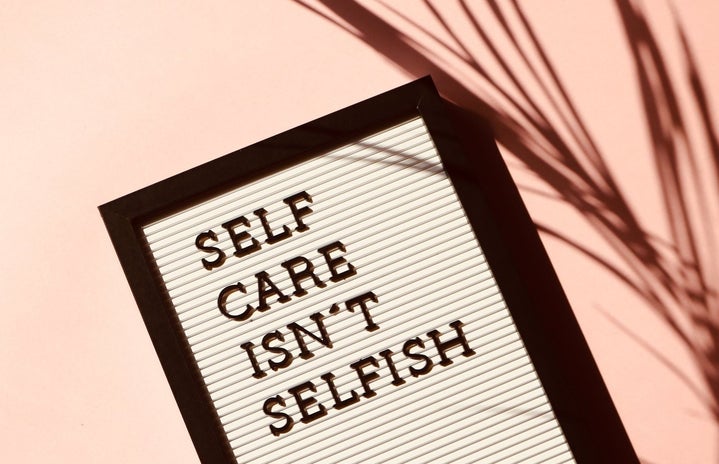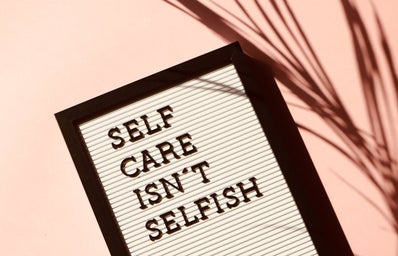As a recovering people pleaser, it’s safe to say that I’ve had my fair share of struggles with setting boundaries and prioritizing myself. I’m the type of person who struggles with saying no, is afraid of letting people down and is known for stretching myself too thin.
I’ve always acknowledged that I take on too much but never took the proactive steps to address the issue at hand. I had no idea where to even start until I realized that everything I was doing started to pile up, and I had no solid foundation to hold myself down. So, here are some steps or advice I wish someone would have told me when I began putting myself first.
Recognize responsibilities VS. favours
There are things I had to do and things I had a choice in doing. I knew that simply abandoning absolutely everything I did for my family and friends wasn’t the right approach. In a perfect world, I wanted to be selfish, but going out of my way to be rude and purposely obnoxious was just letting my pent-up anger get the best of me. That, unfortunately, would not help me better myself in any way.
Instead, I grouped together my obligations and my non-negotiables. For example, helping with family grocery trips, or any celebrations such as birthdays and graduations that cannot be missed. These are some of my relationship priorities that I had to be there for.
Now, I had to figure out what the favours were in my life. Favours include constantly listening to my family complaining about each other to me, friends dumping their problems onto me, or even simple things such as putting their first choices before mine. I asked myself, what are things I enjoyed doing, and what felt like a chore?
Once I started to categorize responsibilities and favours, my vision began to shift. Slowly, I began to create distance when needed, vocalized my needs and became upfront about how I felt. Recognizing what needed to be done versus what I was going out of my way to do can really put into perspective how much I was willing to take on.
Cancel On Plans
Controversial take, but please hear me out. We all know what it feels like when the plans seem perfect, and someone cancels at the last minute. But to be honest, if you give enough time and notice and are clear that you cannot come, everything will be fine.
Sometimes, I had to step on other people’s toes to put myself first. I stopped being wishy-washy when I knew for sure that I couldn’t come. I was clear and direct. If you’re not up for it, feel burnt out or drained, don’t feel guilty for not going. I noticed that when things began to pile up, I started to resent the people around me. If those around you truly care about you, missing some meetups and lunches is not going to be the end of the world.
Routine
Even as someone who hates routines, I can admit that it truly makes the biggest difference in your life. I always wondered how other people do so much during the day, and the secret is having a routine.
Having a morning wake-up routine, no matter how simple it was, gave me a clear start to the day. Even if I felt like I hadn’t done anything, these habits gave me a small feeling of accomplishment.
A routine made me more likely to take care of daily tasks mandatory for my well-being. Having pre-set tasks that need to be completed will make it more likely for me to prioritize them over other unnecessary obligations. I became stricter with myself and, therefore, more unwilling to say yes to those around me.
At the end of the day, I’m not saying that following these steps automatically got me out of the people-pleaser mindset, but it was a good way to start. Sometimes, I had to ask myself the bigger questions to truly understand.
Why do I treat myself as less important than those around me? Are the people around me going to leave or view me in a different light if I say no? And if so, are those people even worth keeping around?
Prioritizing yourself is a mindset, not a task, and will continue throughout your life. Once I started to change into this type of mindset, I found more time for myself and became more of the person I envisioned myself to be.


